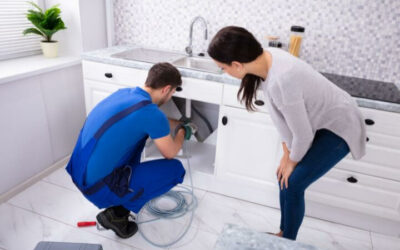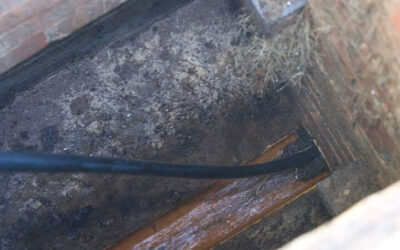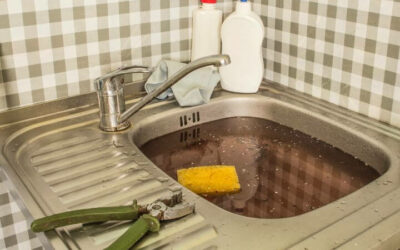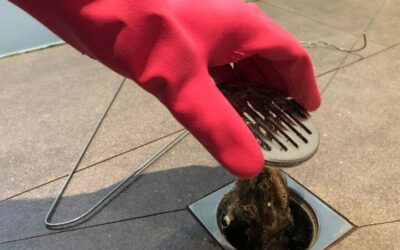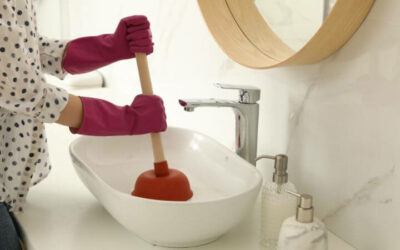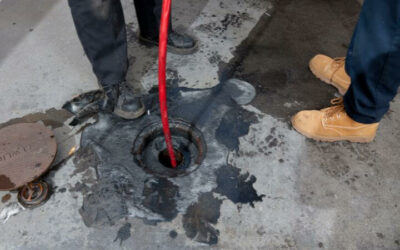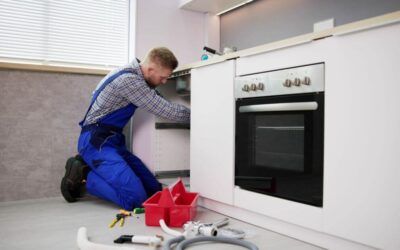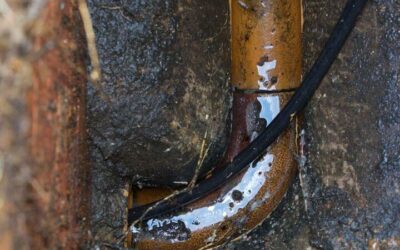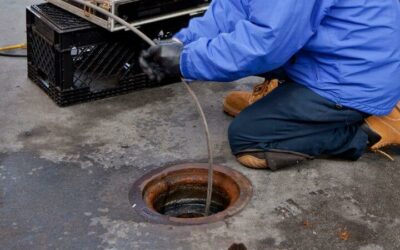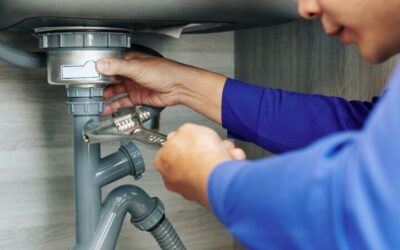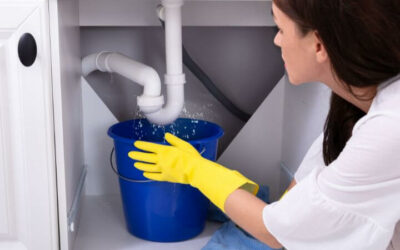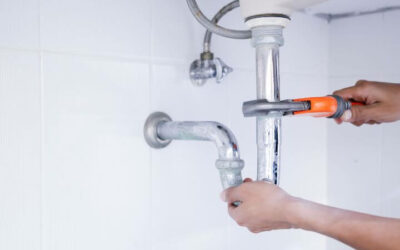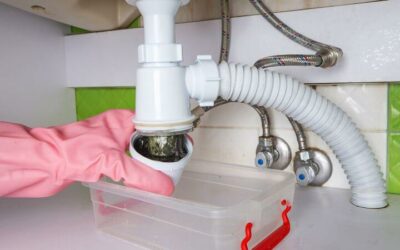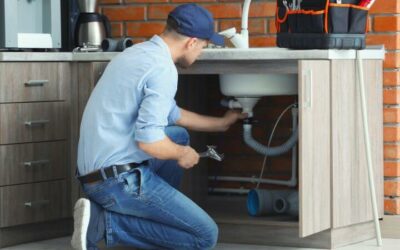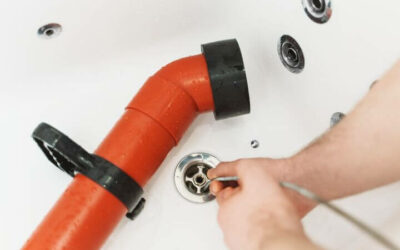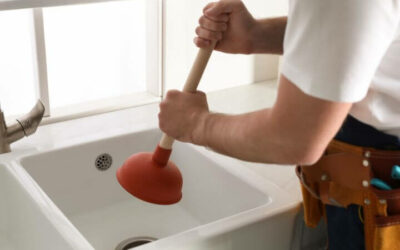Just when you thought your slow-draining sink was testing your patience, it turns out mineral deposits might be to blame. These pesky minerals can build up over time, clogging your pipes and causing water to drain at a snail’s pace. Fear not, however, as T&J Rooster Service has you covered with top-rated drain cleaning services in Toledo, Ohio. In this article, we’ll share some effective tips to banish these mineral deposits for good. Say goodbye to standing water and hello to efficient drainage by following our simple yet powerful tricks. Trust T&J Rooster Service for expert drain cleaning services that keep your pipes clear and your patience intact.
Key Takeaways:
- Mineral deposits: Minerals can build up in your sink causing slow drainage.
- Causes of slow drainage: These deposits can clog your sink pipes, leading to slow drainage issues.
- Removing mineral deposits: Tips such as using a mixture of vinegar and baking soda can help remove mineral deposits and improve sink drainage.
Ah, mineral deposits – the sneaky culprits behind your slow-draining sink. These pesky minerals can wreak havoc on your pipes, causing a sluggish flow that drives us all mad. But fear not! With a bit of vinegar and baking soda magic, you can bid farewell to these unwanted guests and restore your sink to its former glory.
What Are Mineral Deposits?
Your slow-draining sink might be due to mineral deposits clogging your pipes. These deposits are the result of minerals like calcium and magnesium accumulating over time in your plumbing system. As water flows through your pipes, it leaves behind small amounts of these minerals which solidify and build up, causing obstructions and affecting water flow.
The Science Behind Mineral Buildup
The minerals in your water can react with metal surfaces in your pipes, creating a buildup over time. This can lead to decreased water pressure and slow drainage in sinks, showers, and tubs. Mineral deposits can also corrode pipes and fixtures, leading to leaks and costly repairs if left untreated. Understanding the science behind mineral buildup can help you take proactive steps to prevent and remove these deposits.
Common Sources of Mineral Deposits
Mineral deposits can come from various sources, but hard water is one of the main culprits. Hard water contains a high concentration of minerals that can easily accumulate in your plumbing system. To prevent mineral deposits, consider installing a water softener or using products specifically designed to dissolve these minerals.
How Do Mineral Deposits Affect Your Sink?
You may not give much thought to what goes down your sink, but over time, mineral deposits can wreak havoc on your plumbing. Limescale and soap scum are the primary culprits when it comes to clogging up your sink drain. Limescale is a crusty white or off-white deposit that forms on faucets and in sinks due to hard water. Soap scum, on the other hand, is a sticky residue left behind from soap mixing with minerals in the water.
The Clogging Culprits: Limescale and Soap Scum
For many homeowners, dealing with limescale and soap scum buildup in sinks is a common nuisance. These mineral deposits can accumulate over time, leading to slow-draining sinks and potential clogs if left untreated. While limescale and soap scum may seem harmless at first, they can cause bigger plumbing problems if not addressed promptly.
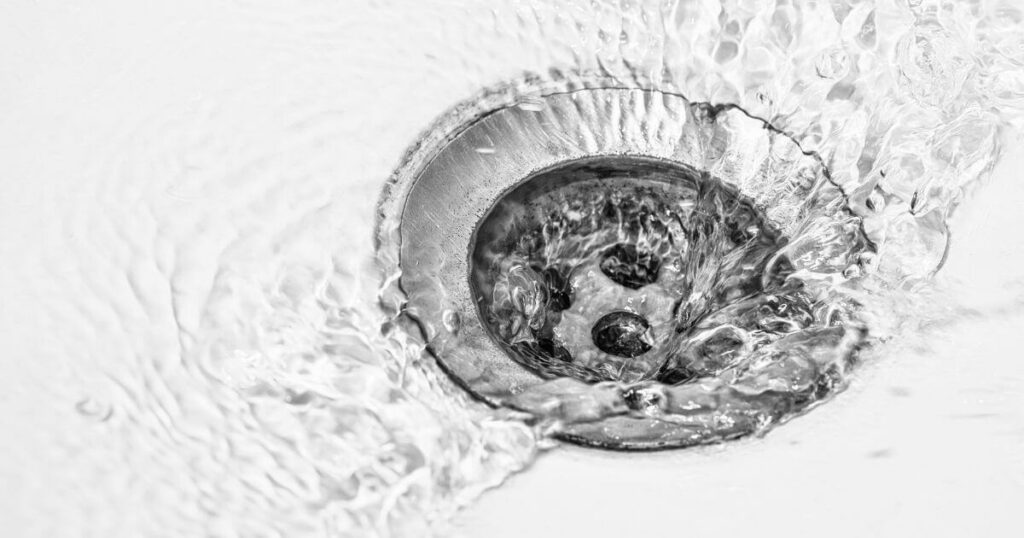
Slow Draining: The Frustrating Consequences
With prolonged exposure to mineral deposits, your sink may start draining more slowly than usual. This can be frustrating as it can result in standing water in the sink, unpleasant odors, and potential bacterial growth. Ignoring the issue can lead to even more severe clogs and water damage, ultimately costing you time and money in repairs.
Consequences: Ignoring slow-draining sinks due to mineral deposits can lead to costly plumbing repairs, unpleasant odors, and bacterial growth. It’s crucial to address the issue promptly.
Identifying Mineral Deposit Buildup
Not sure if mineral deposits are the cause of your slow-draining sink? Identifying the buildup of minerals can help you tackle the issue effectively. Mineral deposits often accumulate in sinks due to hard water, leaving behind visible signs and hidden dangers.
Visible Signs: White Stains and Rings
Any white stains or rings around your sink’s drain or faucet could be a sign of mineral deposit buildup. These unsightly marks are often caused by minerals like calcium and magnesium in hard water. If left untreated, they can lead to clogs and poor drainage.
Hidden Dangers: Corrosion and Pipe Damage
Dangers of mineral deposit buildup go beyond just aesthetics. Over time, these minerals can cause corrosion and damage to your pipes. This can result in leaks, water damage, and costly repairs if not addressed promptly.
Rings of mineral deposits forming around your drain indicate a recurring problem that needs attention. Ignoring these signs can lead to further issues down the line, so it’s vital to take action sooner rather than later.
Removing Mineral Deposits: DIY Methods
Keep your drains running smoothly with these simple do-it-yourself methods to remove mineral deposits. One natural solution that works wonders is a combination of baking soda and vinegar. For this method, start by pouring a cup of baking soda down the drain, followed by a cup of vinegar. Let the mixture bubble and fizz for about 10-15 minutes to break down the mineral deposits. Finally, flush the drain with hot water to wash away the loosened residue.
Baking Soda and Vinegar: A Natural Solution
Another benefit of using baking soda and vinegar is that they are eco-friendly and safe for your pipes. This gentle yet effective solution can help you maintain a smooth-flowing drain without harsh chemicals that may damage your plumbing over time.
Descaling Solutions: Chemical Warfare
Warfare against mineral deposits can also involve descaling solutions. These chemical cleaners are specifically formulated to dissolve tough mineral buildup in your pipes. One popular option is to use a descaling solution designed to break down calcium and lime deposits effectively.
The use of descaling solutions should be approached with caution, as they can contain strong acids or chemicals that may be harmful if not used properly. It’s important to read the instructions carefully and follow safety precautions when handling these powerful cleaners.
Physical Removal: Scraping and Scrubbing
Methods for physically removing mineral deposits include scraping and scrubbing the affected areas. Using a brush or a scraper, you can gently dislodge the buildup on the surface of your sink or drain. This hands-on approach allows you to target specific areas where mineral deposits are most stubborn.
Removing mineral deposits through physical methods can be time-consuming but effective, especially for visible buildup that is resistant to chemical treatments. Remember to wear gloves to protect your skin while scrubbing away the deposits.
Preventing Future Buildup
Water Softeners: A Long-Term Solution
Softeners are a fantastic long-term solution for preventing mineral buildup in your sink. By installing a water softener in your home, you can eliminate the minerals in your water that contribute to clogs and slow drainage. Water softeners work by replacing calcium and magnesium ions with sodium ions, ultimately reducing the negative effects of hard water on your plumbing fixtures.
Regular Maintenance: Cleaning and Flushing
Preventing future mineral buildup is vital for maintaining a healthy plumbing system. Regularly cleaning and flushing your sink can help prevent mineral deposits from accumulating and causing drainage issues. You can use a mixture of vinegar and baking soda to break down mineral deposits and keep your sink running smoothly. Additionally, flushing your sink with hot water on a regular basis can help prevent clogs and buildup.
Using Mineral-Deposit-Resistant Materials
Mineral Deposit Resistant materials are a game-changer when it comes to preventing future buildup in your sink. Consider using stainless steel or composite materials for your sink and fixtures, as these materials are resistant to mineral deposits and easier to clean. By choosing mineral-deposit-resistant materials, you can reduce the likelihood of dealing with slow-draining sinks and clogs in the future.
Long Term prevention is key when it comes to maintaining a healthy plumbing system and preventing mineral buildup in your sink. By incorporating water softeners, regular maintenance, and mineral-deposit-resistant materials into your plumbing routine, you can ensure that your sink stays clear and your drains flow smoothly for years to come.
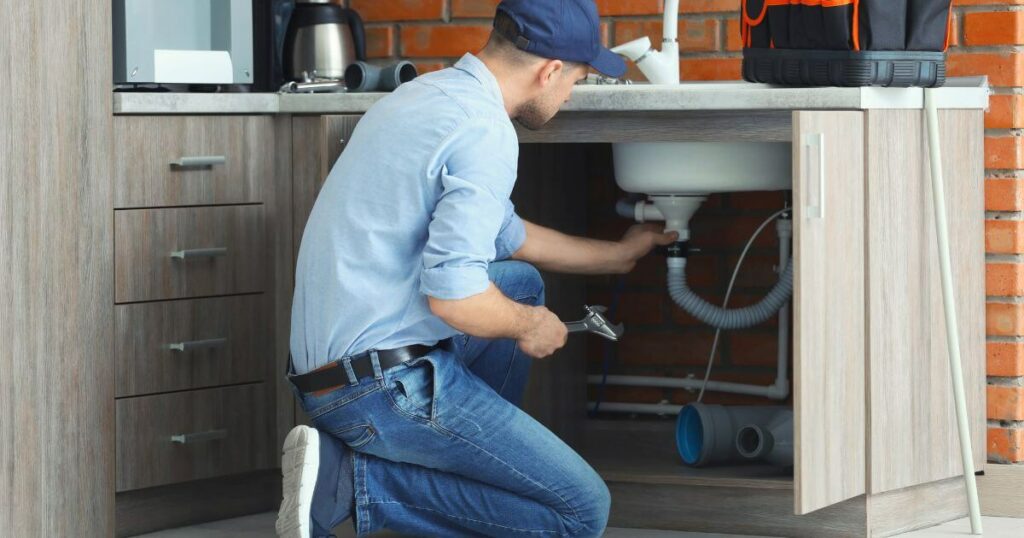
When to Call a Professional
Once again, if you have attempted all the DIY tips and tricks to unclog your sink with no success, it may be time to call in a professional. A licensed plumber will have the necessary tools and expertise to tackle even the toughest mineral deposits causing the slow drainage in your sink.
Severe Clogs: Knowing When to Surrender
With stubborn mineral deposits and extensive blockages, sometimes it’s vital to recognize when it’s time to surrender and seek help from a professional. If you notice that conventional methods are not making a dent in the clog, it’s wise to reach out to a plumber before the issue escalates further and causes more damage to your plumbing system.
Expert Solutions: Hydro-Jetting and More
Surrender to the expertise of professional plumbers who offer advanced solutions like hydro-jetting to blast away mineral deposits and clear out even the most stubborn clogs. Hydro-jetting is a highly effective method that uses high-pressure water to clean out pipes and remove any buildup that may be causing drainage issues.
To ensure your plumbing system stays in top condition and to address severe clogs caused by mineral deposits, consider hiring a professional plumber who offers expert solutions like hydro-jetting to clear your pipes effectively.
Final Words
From above, we learned about the potential reasons behind slow-draining sinks and how mineral deposits could be the culprit. By following the tips provided in the article, you can effectively remove these mineral deposits and improve the drainage of your sink. Remember to implement these tricks regularly to prevent any future blockages caused by mineral build-up. Keep those sinks draining smoothly!
So next time you find yourself standing in a pool of water while washing your hands, don’t fret! Armed with the knowledge from this article, you can tackle those mineral deposits head-on and reclaim your fast-draining sink. And who knows, maybe you’ll even find a touch of satisfaction in outsmarting those sneaky minerals trying to slow you down.
FAQ
Q: Are mineral deposits causing my slow-draining sink?
A: Indeed, mineral deposits could be the culprit behind your slow-draining sink. Over time, minerals in the water can build up and clog the drain, leading to sluggish water flow.
Q: How can I remove mineral deposits from my sink?
A: Fear not, dear reader! You can tackle those pesky mineral deposits with some simple household ingredients. A mixture of baking soda and vinegar, followed by hot water, can work wonders in breaking down and flushing out the deposits.
Q: Why is it important to address mineral deposits in my sink?
A: Ignoring mineral deposits in your sink can lead to bigger problems down the line, such as complete blockages that may require professional intervention. By addressing the issue promptly, you can prevent more serious plumbing issues in the future.
Q: What are some preventive measures to avoid mineral deposits in my sink?
A: To prevent mineral deposits from wreaking havoc in your sink, consider installing a water softener to reduce the mineral content in your water. You can also regularly clean your sink with a mild acidic solution to prevent build-up.
Q: How often should I clean my sink to prevent mineral deposits?
A: It’s a good idea to clean your sink regularly, at least once a month, to prevent mineral deposits from accumulating. By staying on top of maintenance, you can keep your sink draining smoothly and avoid potential headaches in the future.


